The Delicate Balance Between Compliance and Development
As parents, when we want compliance from our children, we should not give them choices. We give them rules to follow. They may have choices at times for HOW they follow the rule but not IF they follow the rule.
For instance, my children were expected to clean their rooms. My daughter would clean as quickly as possible to be done with the chore. My son would create games while he cleaned, and the process could take hours until a friend called to play and then the job was finished in moments. The rule was CLEAN YOUR ROOM. Their style came out in the way that task was completed.
Even rules as immediate as COME HERE NOW can be done with style. One child might bounce a ball as they walk toward you and the other might come moping and dragging. Because it was a rule, there is no question about whether to come now but how, is still an option.
Development is giving true choices. Whatever way the child selects is allowable. Parents might allow their child to select his/her own clothes. Parent might allow their child to choose to ride a bike to a friend's house or walk. Parents might allow a child to choose to play drums or flute in the school band program.
When a child makes an independent choice, development occurs. As much as possible we want to give children the freedom of wise decision making, but some decisions are not theirs to make. That's when rules apply.
When an appropriate situation arises, the parent first needs to discern if this is an opportunity for development or if compliance is required. Sometimes as a parent, I was just too tired to give choices. Normally, I would let the children choose their evening book for us to read together. Choosing a book could become a 15-minute exploration of their options.
Some nights I was too tired, so I chose for them. "Tonight, I choose the book. You can read with me or not, but I get to select." Today I would say the same thing, but I would tell them why. "Your way of finding tonight's book to read is a long process and I am very tired. I want to enjoy reading with you rather than sitting here waiting for you to decide." If I were not tired I would say, "Explore as long as you like. We have until 8:30 to finish our reading time together. You decide how much time you want to explore and how much time you want to read." Then I would set the timer on my watch.
One parent's rule may be another parent's development moment. One time you might use a rule while the next time, allow options. Those are the joys of parenting.
A rule should be considered non-negotiable in the moment. A child cannot change a rule when it is stated but can ask for time to discuss it for a future occasion. When you give a rule, it should not be challenged for compliance at that time. Negotiate later. Expect the rule to be followed now.
Perhaps you are thinking, what if my child does not follow the rule? What if they do not do as requested? Then restate the rule. "In our house when I ask you to come now you say OK and come right away. Come now." If your child starts to whine say, "You may not want to come now but when I ask you to come, you must do as I ask." Parents will want to be careful not to overuse this rule and to balance rules with opportunities for choices and development.
In family meetings, parents can ask children if there are any rules they want to negotiate. If they ask for the right to make a choice (such as bedtime) and it is not an age-appropriate choice for them (e.g. 4-year-old vs. 14-year-old), explain that there are three kinds of decisions in the family:
1. Parent decides
2. Child decides
3. Parent and child decide together
Then explain that bedtime for their age is a parent decision. Decisions appropriate for their age should be respected but that does not mean relinquishing decision making to a child who is not ready to make wise choices for that situation.
You can learn more about the individual personality types of your children by having them take the MMTIC® assessment. Get a better understanding of your own preferences by taking the MBTI® assessment.



_thumb.png)












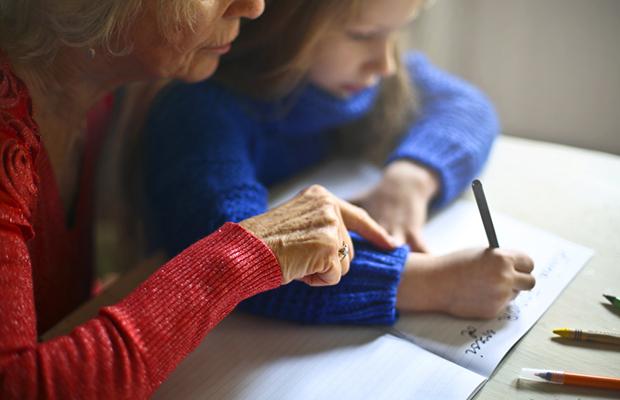

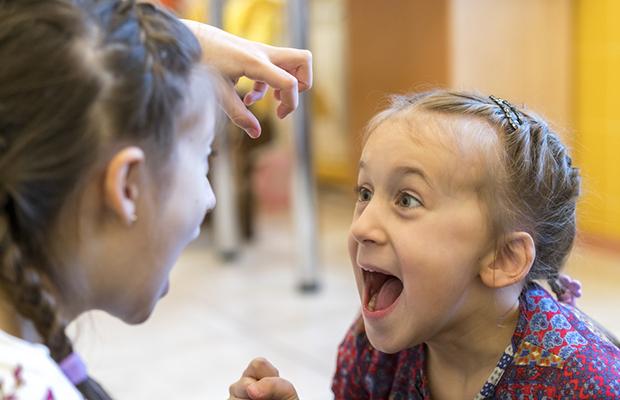










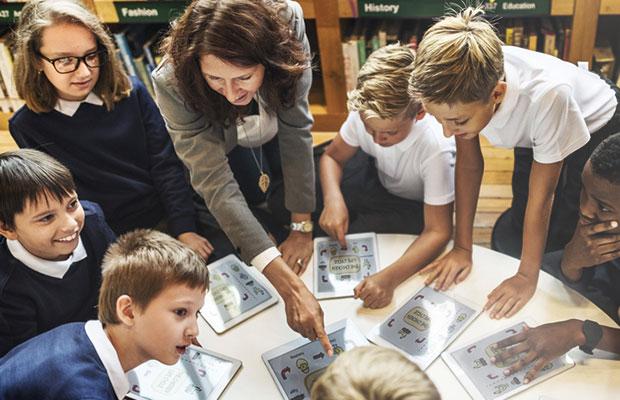



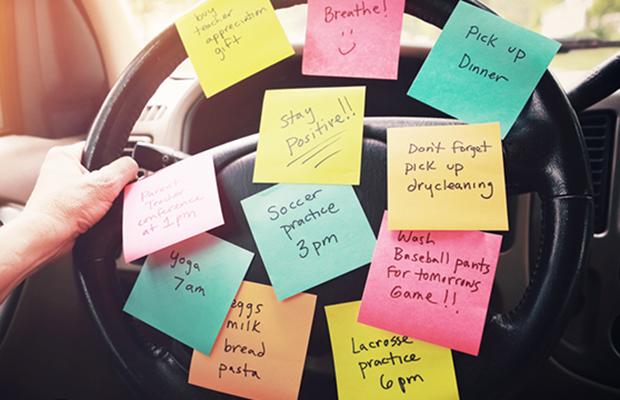


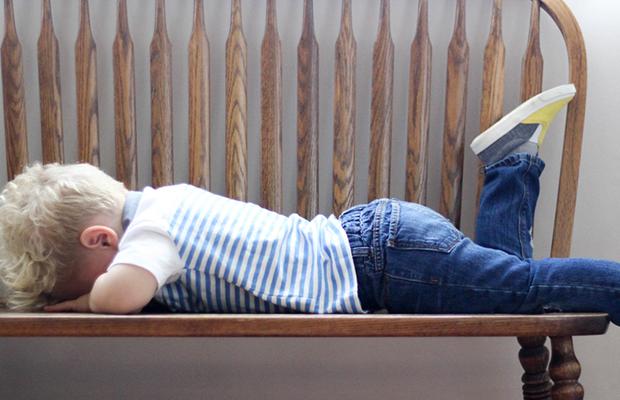

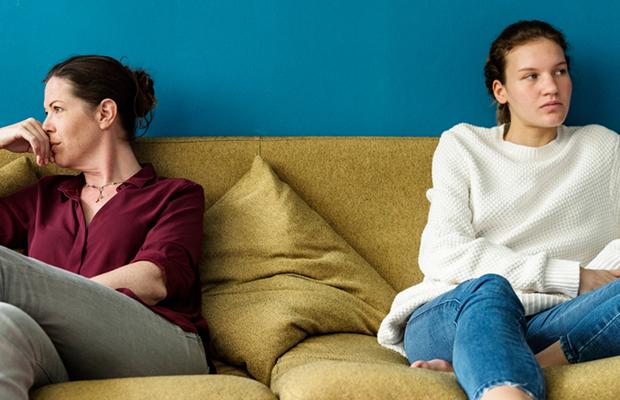

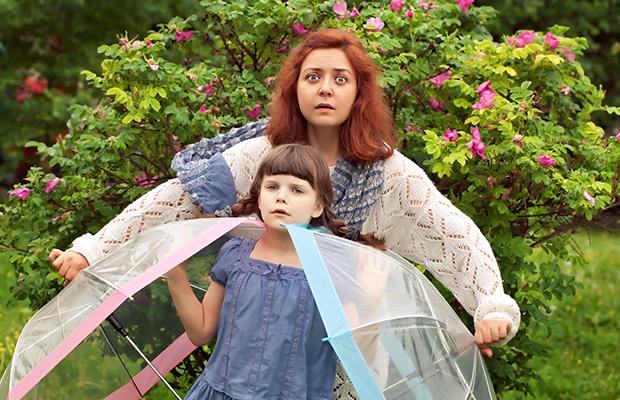








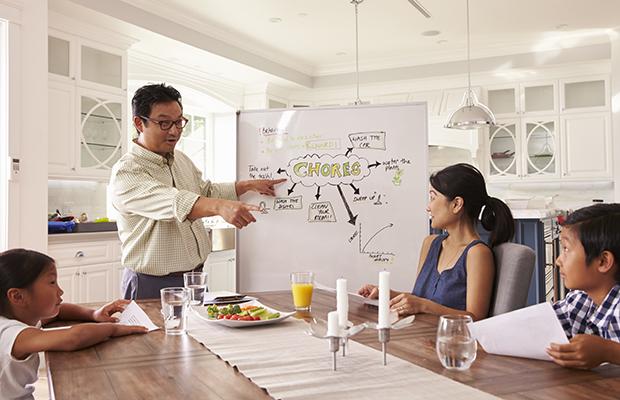

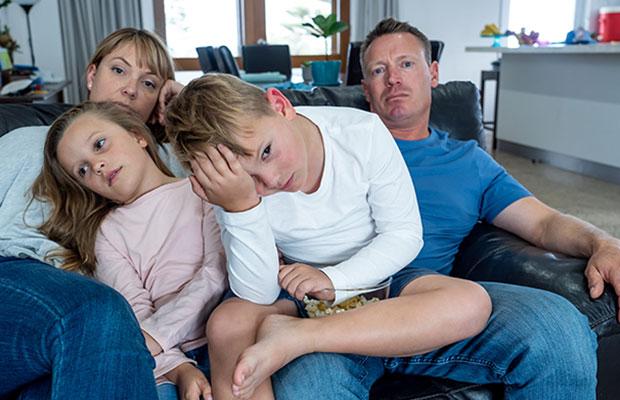

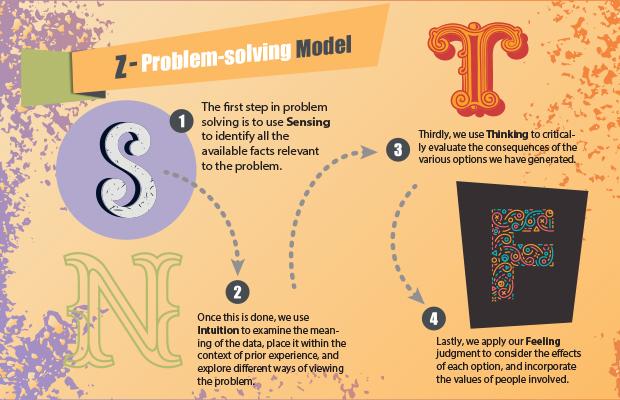















_thumb.png)
.png)

